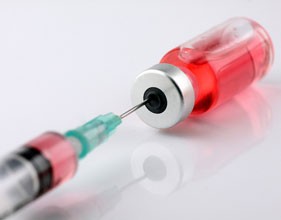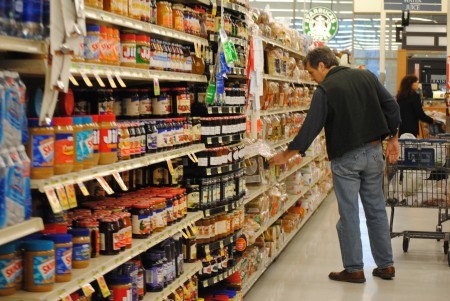
Testing of the new chemicals used in industrial food production is not nearly sufficient enough to prove their safety. Therefore, it is best to completely reject all food and ingredients that are not natural. Stick to the great grand mother's recipe book and eat only natural food. Remember also that plastic containers or plastic coated cans and kitchenware may release harmful chemicals to the food and beverages. Best food container and kitchenware materials are glass, stainless steel, cast iron and wood. Steer away from Teflon, silicone and other plastics.
Sucralose, marketed under the brand name Splenda, is a best-selling artificial sweetener around the world. (In the European Union, sucralose is also known under the additive code E955.)
It has been nearly eight years since I published my concerns about Splenda in my book, Sweet Deception. Since then, evidence continues to support the concerns I had back then..
The web site www.truthaboutsplenda.com lists a variety of consumer complaints from Splenda consumption, many of which mimic other health conditions. Some of the most commonly reported adverse effects include:
- Gastrointestinal problems
- Seizures, dizziness, and migraines
- Blurred vision
- Allergic reactions
- Blood sugar increases and weight gain
Sucralose—NOT Safe for Cooking After All
The featured report came to several important conclusions—all of which challenge the “generally recognized as safe” (GRAS) status of sucralose. Of primary concern is that sucralose is not an inert substance.
When heated, it releases chloropropanols, which belong to a class of toxins known as dioxins. One of the …
An in-depth scientific review of sucralose (Splenda) reveals an extensive list of safety concerns, including toxicity, DNA damage, and heightened carcinogenic potential when used in cooking When heated, it releases chloropropanols, which belong to a class of toxins known as dioxins. Dioxin—a component of Agent Orange—is among the most dangerous chemicals known to man Sucralose can destroy as much as 50 percent of the microbiome in your gut. What’s worse, it appears to target beneficial microorganisms to a greater extent than pathogenic and other more detrimental bacteria Both animal and human studies have shown that Splenda alters glucose, insulin and glucagon-like peptide-1 (GLP-1) levels, thereby promoting weight gain, insulin resistance, and type 2 diabetes The adverse effects of sucralose are oftentimes misdiagnosed or overlooked entirely as the side effects are so varied and mimic common ailments.
Please Read this Article at Articles.Mercola.com





Leave a Reply